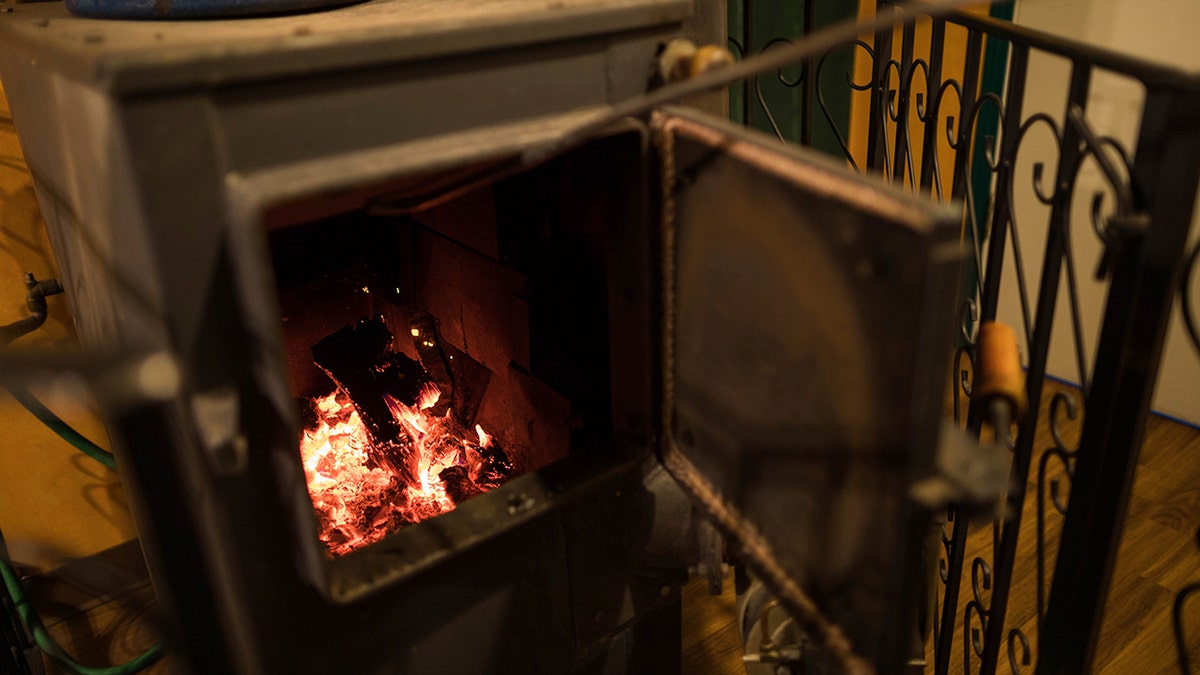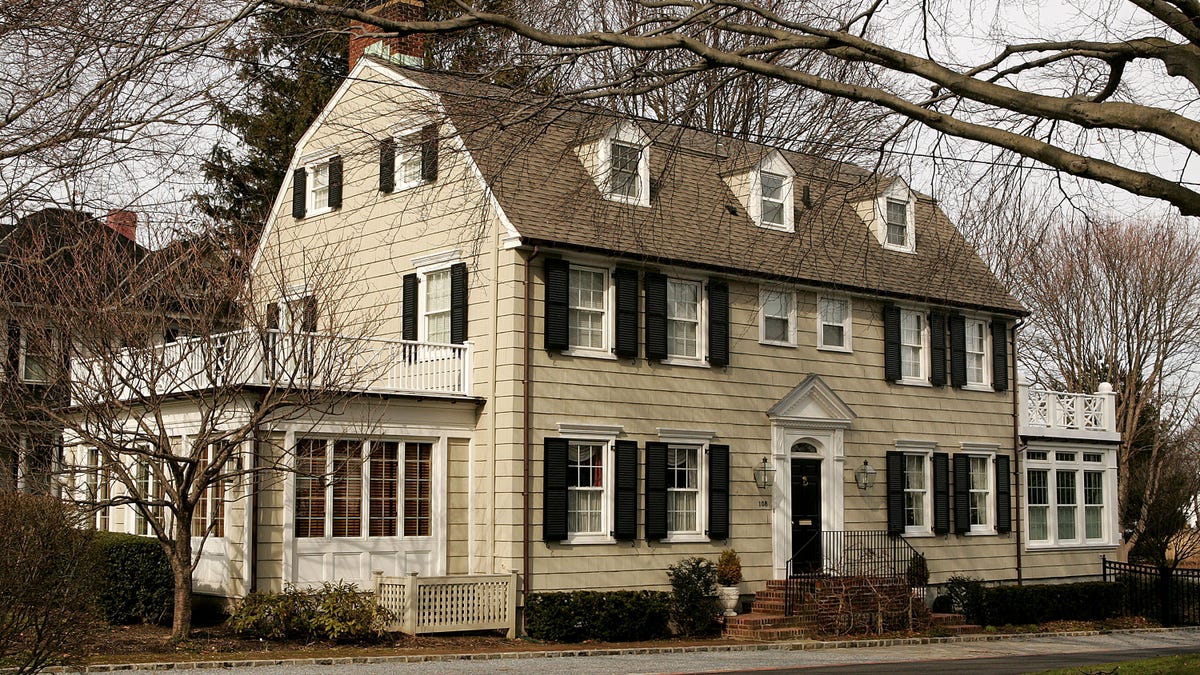Ten states and a regional clean air agency are preparing to sue the Environmental Protection Agency (EPA) over its regulation of residential wood-burning stove emissions. The coalition argues that the EPA's lax enforcement of emission standards has permitted the sale of stoves that contribute to air pollution, undermining programs designed to replace older models with cleaner alternatives.
The states contend that the EPA's existing standards are inadequate and that its testing and certification procedures are ineffective in ensuring compliance. This raises concerns that public funds allocated to stove replacement programs may be wasted if the new models don't actually meet the required emission standards.
An EPA Office of Inspector General report from February supports these concerns. The report highlighted flaws in the EPA's 2015 performance standards for wood heaters, noting that the agency's testing methods lack clarity and allow excessive flexibility. This can lead to inaccurate certifications and the sale of stoves that emit excessive particulate matter pollution.
The states involved in the potential lawsuit – Alaska, Illinois, Maryland, Massachusetts, Minnesota, New Jersey, New York, Oregon, Vermont, and Washington – along with the Puget Sound Clean Air Agency, emphasize the potential health and economic consequences of inadequate emission controls. They highlight that programs encouraging the replacement of older wood-burning appliances may not yield the expected air quality improvements if newer models don't adhere to stricter standards. The EPA has declined to comment on the pending litigation.
The issue is particularly relevant in regions like Alaska's Fairbanks North Star Borough, where a significant portion of households rely on wood-fired heaters during harsh winters. This area is prone to inversions that trap cold air and pollution near the ground, exacerbating the impact of wood smoke. Despite substantial investment in stove replacement programs, the report indicates that residents remain uncertain about the compliance of their wood heaters, and air quality remains a persistent problem.

A fire in a Riteway wood-burning stove is shown on Jan. 23, 2018, in Palmer, Alaska. (Loren Holmes/Anchorage Daily News via AP)








